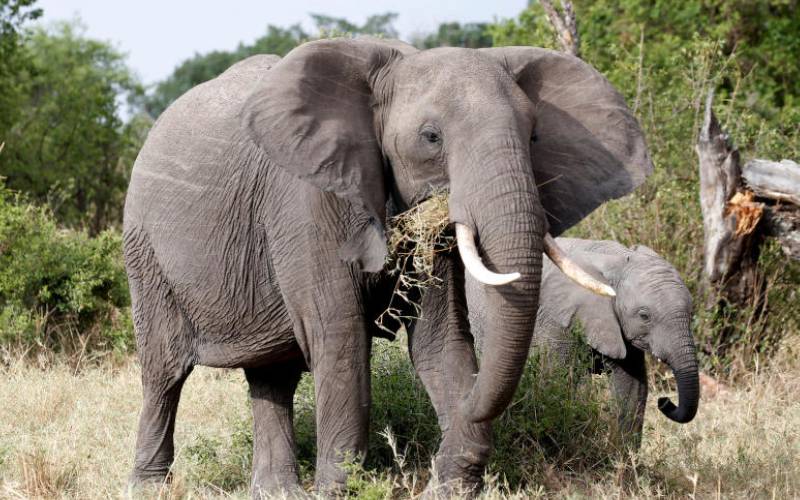×
The Standard e-Paper
Stay Informed, Even Offline

For many decades, one of the country’s largest herd of elephants has wandered the vast Kerio Valley region. It is until nearly the last two decades when a conflict between the jumbos and farmers ensued with acres of food crops and other property along the migratory route being destroyed.